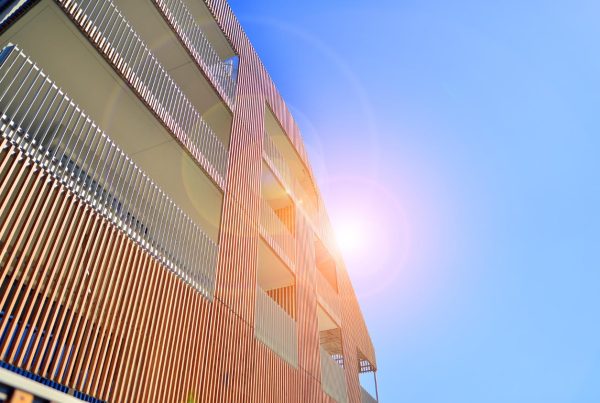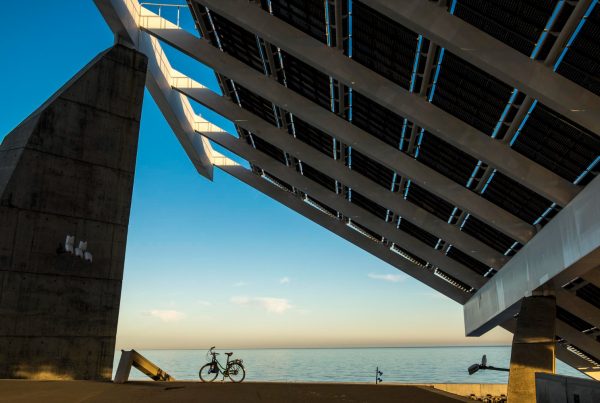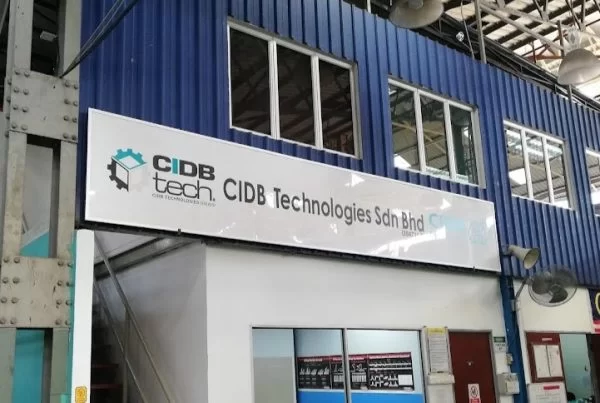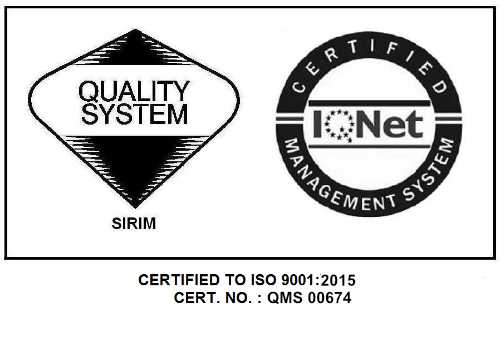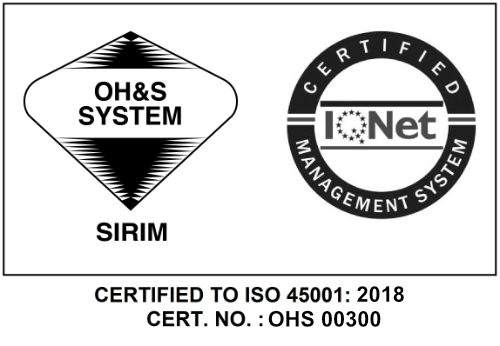
Numerous rapidly expanding and fastest-growing cities are situated within the ASEAN region, projecting that by 2025, approximately 230 million individuals, equivalent to 62.5% of the ASEAN populace, will call urban areas home.
With a vision aligned with the concept of Malaysia Madani, emphasising sustainability, green practices, and intelligent urban setups, the Malaysian government, as stated by Prime Minister Datuk Seri Anwar Ibrahim, aspires to transform the Federal Territories into smart cities by 2030.
Naturally, fast urbanisation causes congestion, water shortages, a lack of public services, rising disparities, safety and security, and other issues necessitating better infrastructure to ensure sustainable expansion.
A comprehensive development agenda is being formulated by the Federal Territories Department, focusing on the sustainability and intelligence of future urban centres. The commitment to continued flood mitigation in line with the prepared plan was reiterated as we witnessed increasing flood cases concerning Malaysia’s climate condition.
To achieve these strategic goals effectively, digital infrastructure and applications must harmonise with urban systems such as integrated master planning, development initiatives, and urban governance. This collaboration will expedite the growth of prioritised sectors, including health, social well-being, infrastructure, and more.
Malaysia has unveiled MySmart Wilayah 2030, an elaborate blueprint for smart cities within federal territories. The initiative seeks to leverage digital technologies to enhance education, security, health, environmental quality, and efficient transportation, enhancing residents’ overall quality of life.
We can see Cyberjaya, Kuala Lumpur, Johor, and other smart cities in Malaysia. Many states are working towards various smart city pilot projects and industry development programmes, aiming for a big reveal in 2030.
For the successful execution of action plans and the establishment of resilient, sustainable communities, close collaboration with the business sector is pivotal. Aligning these strategies with the ASEAN Connectivity 2025 Plan’s urbanisation strategy is paramount, creating a mutually beneficial synergy.







